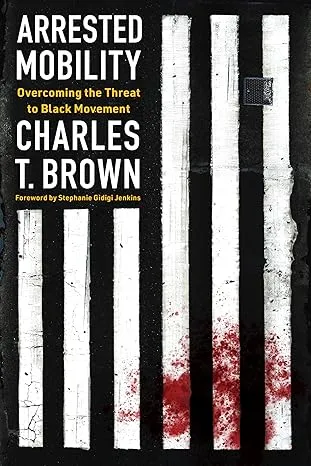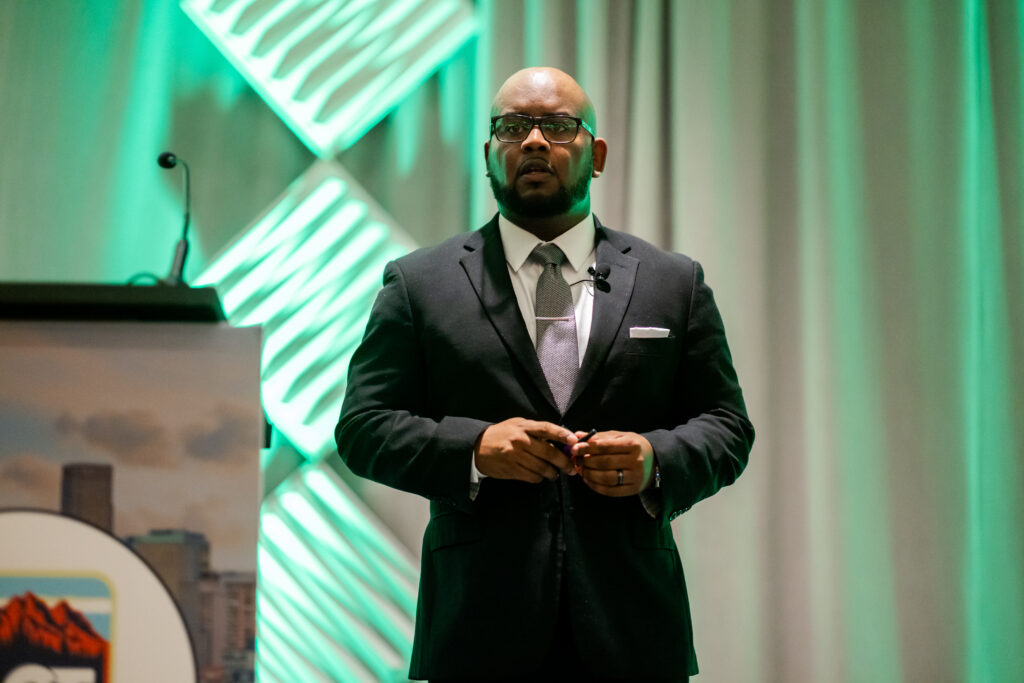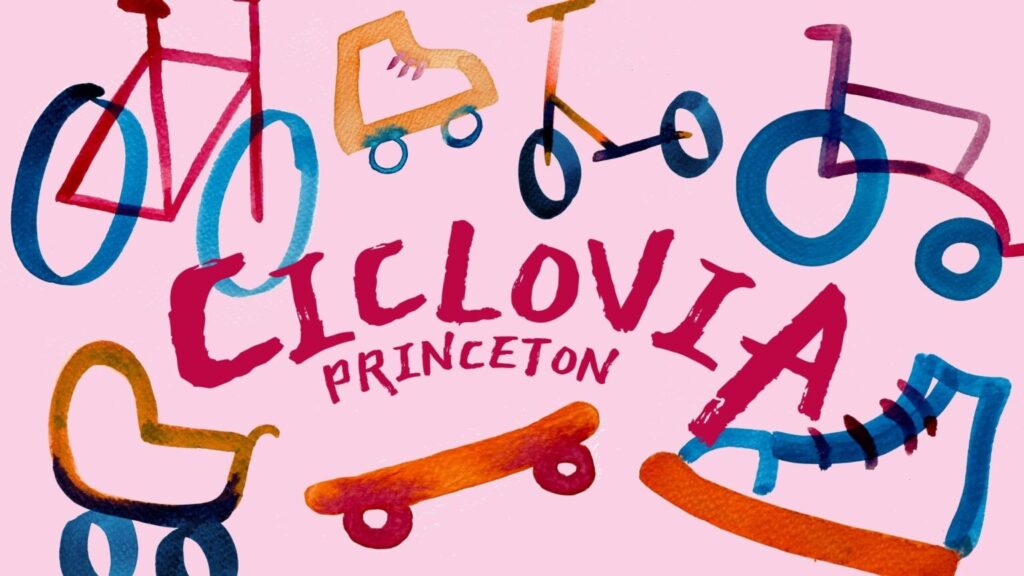Last week, the Princeton Public Library, Sustainable Princeton, and Not In Our Town Princeton hosted Charles T. Brown, author of Arrested Mobility: Overcoming the Threat to Black Movement, for a powerful and thought-provoking author talk. Charles T. Brown is the founder and CEO of Equitable Cities, an urban planning and public policy research firm working at the intersection of transportation, health, and equity. In his book, he sheds light on how Black and Brown communities across the U.S. have long faced systemic barriers to physical and social mobility, from over-policing and infrastructure neglect to discriminatory policy and public perception.
Understanding Arrested Mobility
Arrested Mobility refers to the ways in which Black individuals are disproportionately burdened by policies and practices that limit their ability to walk, bike, drive, or use public transportation safely and affordably. The consequences impact health, economic opportunity, climate resilience, and overall quality of life.
Charles T. Brown’s book and ongoing research highlight a crucial but often overlooked reality that not all people move through their communities with the same freedom or safety.
Charles T. Brown defines the term arrested mobility as “the intentional and incomplete access to all means of movement in public and sometimes private spaces by way of deliberate overpolicing, which has, in turn, made us less safe and limited social mobility. Arrested mobility leads to paralysis among Black Americans who find themselves trapped in a system that confines their physical movements and provides only narrow, perilous openings from social mobility. Arrested mobility makes it difficult for Black people to engage in civil society.”
Why This Matters to Princeton and our Climate Action Goals
At Sustainable Princeton, we are deeply aligned with Brown’s message. Climate change is an intersectional issue. The effects of climate change affects us all—but in different and unequal ways. Princeton’s Climate Action Plan envisions a future where all community members have access to clean, affordable, low-carbon transportation and housing. However, we must first acknowledge an uncomfortable truth that mobility is not afforded to everyone equally in Princeton or elsewhere.
A Call to Action: Be Part of the Change
In Arrested Mobility, Charles T. Brown has created “Guidelines to Un-Arrest Mobility” and the first step is to “Recognize and Diagnose the Problem”. This is acknowledging that mobility isn’t experienced equally, and starts with honest assessments backed by data and lived experiences. The second guideline is to “Acknowledge Historical and Ongoing Barriers” which is understanding how past injustices like redlining and ongoing over-policing shape today’s transportation inequities. These are just the first two guidelines Charles T. Brown shares in Arrested Mobility. To explore the full framework and better understand how we can build more equitable transportation systems, we highly recommend reading the book!
Creating a more just and sustainable Princeton requires community-wide engagement. Charles T. Brown shares how Ciclovia’s are “an excellent example of active transportation-oriented rituals and celebrbrations that create social cohesion.” Join Sustainable Princeton, the Arts Council of Princeton and the Municipality of Princeton for Ciclovia Princeton, an open streets event where Walnut Lane from Guyot to Hamilton will be closed to cars and open to people for walking, biking, rolling or strolling on June 22nd from 10 AM to 2 PM. It’s a celebration of community, movement, and the idea that streets should be for everyone.
Want to Learn More?
- Get your own copy of Arrested Mobility at Labyrinth Books or borrow it from the Princeton Public Library.
- Explore Charles T. Brown’s work further through his podcast, where he continues to explore the intersections of race, mobility, and justice.



